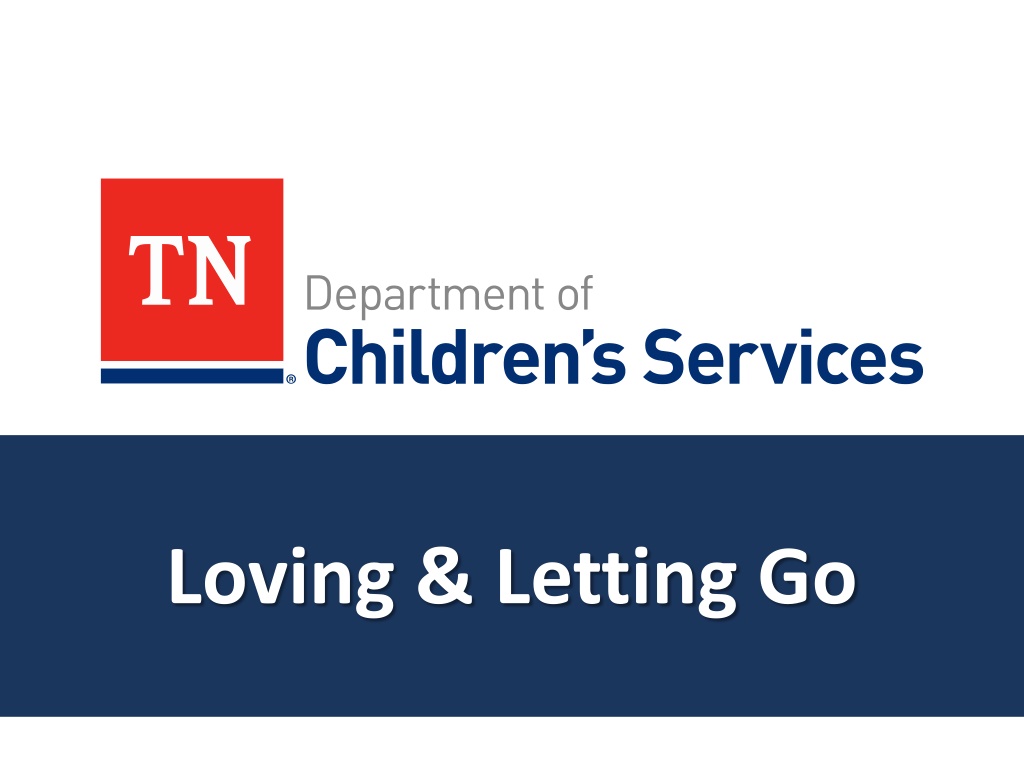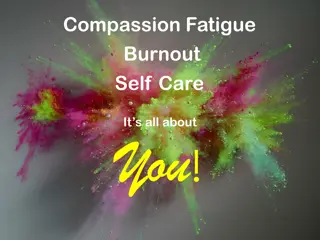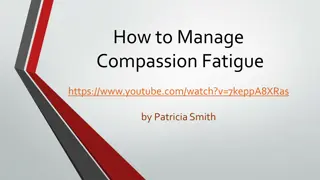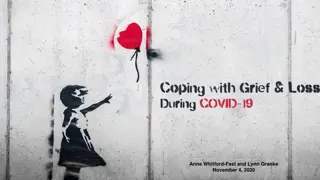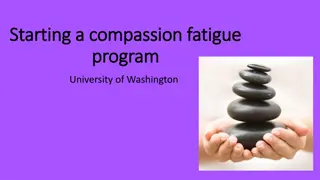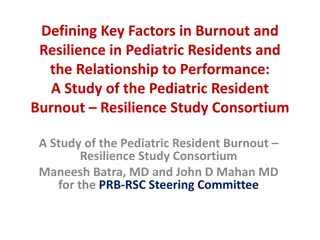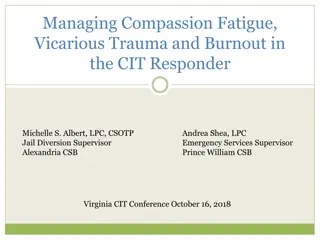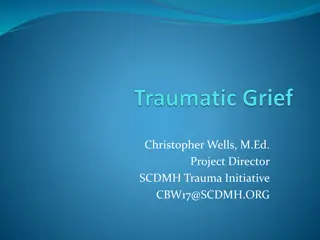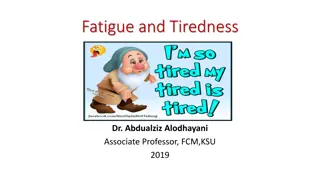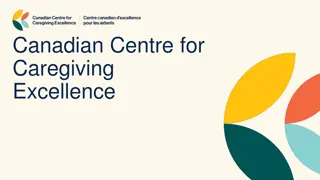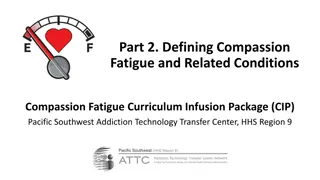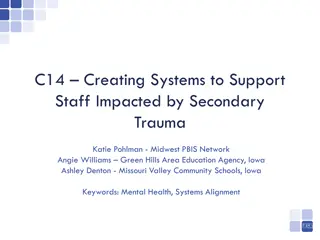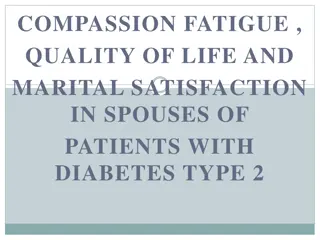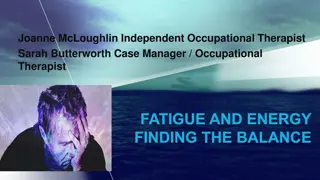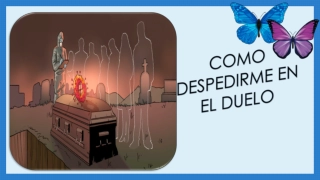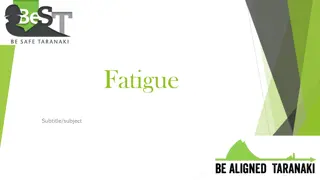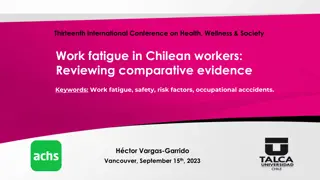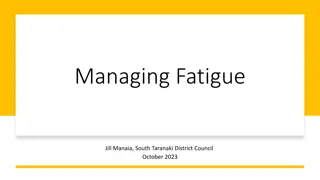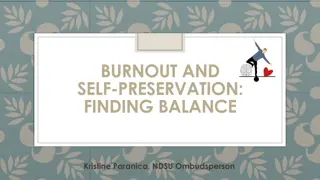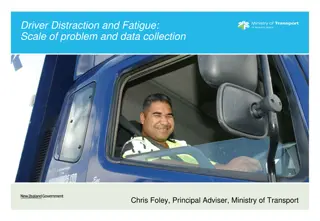Understanding Compassion Fatigue, Burnout, and Grief in Caregiving
Explore the nuances of compassion fatigue, burnout, and grief in caregiving roles, delving into the signs, stages of grief, and strategies for managing stress and letting go. Learn about different types of losses and warning signs to watch out for to maintain emotional well-being.
Download Presentation

Please find below an Image/Link to download the presentation.
The content on the website is provided AS IS for your information and personal use only. It may not be sold, licensed, or shared on other websites without obtaining consent from the author. Download presentation by click this link. If you encounter any issues during the download, it is possible that the publisher has removed the file from their server.
E N D
Presentation Transcript
Agenda Introductions Compassion Fatigue, Burnout, and Secondary Traumatic Stress Children s Grief Break Resource Parent s Grief Letting Go Managing Grief/Fatigue Closure
Objectives Develop an understanding of the signs of and differences in compassion fatigue, burnout, and secondary traumatic stress. Discuss stages of grief Gain a deeper understanding of grief and loss as it relates to our relationships with children.
Objectives Develop understanding of benefits in allowing ourselves and others to grieve. Improve knowledge about how to manage stress and grief, especially as it relates to letting go.
Questionnaire Compassion Fatigue Questionnaire
Compassion Fatigue, Burnout and Secondary Stress
Comparison of Terms Compassion Fatigue Physical, emotional, & spiritual exhaustion Decreased ability to experience joy Decreased ability to feel for and care for others Burnout Secondary Traumatic Stress The stress resulting from helping a traumatized or suffering person. Symptoms similar to PTSD Physical, mental, and emotional exhaustion Increased cynicism
Warning Signs Abusing drugs, alcohol or food Anger, increased irritability Blaming Chronic lateness Depression Diminished sense of personal accomplishment Frequent headaches High self-expectations Hopelessness Hypertension Low self-esteem Sleep disturbances Becoming a Workaholic Less ability to feel joy
Brainstorming Activity Types of Losses
Stages of Grief Denial/Shock initial reaction, may feel numb Anger common, feeling resentful Bargaining/Guilt Why? Why not? I wish Depression/Sadness most common feeling, intense Acceptance/Resignation sense of balance Kubler-Ross
Children and Grief How well children cope with grief is most heavily influenced by the care- giving parent s response to them.
How have you helped children leave your home successfully?
Article Challenges of Foster Care: Grief and Loss
Resource Parents Grief To help children through their grief more effectively, resource parents need to recognize and manage their own grief.
Activity Stages of Grief for Foster Parents
Tasks Accept the reality of the loss Experience the pain of grief Adjust to an environment in which the person is missing Re-direct emotional energy into other relationships
Managing my Grief/Fatigue Be sure to exercise and eat properly Get enough sleep Find ways to maintain connectedness Lifebook (for yourself) Find someone to talk to Recognize that letting go frees you to help another
Managing my Grief/Fatigue Identify what s important to you Develop a plan for self-care Recognize that acting on your plan is absolutely necessary to be healthy If nothing changes over a period of time, you may need to consider seeking professional help.
Summary Compassion fatigue, burnout, and secondary traumatic stress affect people who take care of or work with those who have experienced trauma. It is important to recognize the signs and take care of ourselves. When we recognize the signs of grief, we are better able to help ourselves as well as our children.
Summary continued When we effectively manage our own grief, we will be better able to help our children through their grief process. Everyone grieves in his/her own way. There is not a correct way to grieve and it is important to allow one another to grieve in the way that works best for him/her. Make a plan for self-care!
True love doesn't have a happy ending, because true love never ends. Letting go is one way of saying I love you. -- Author Unknown
